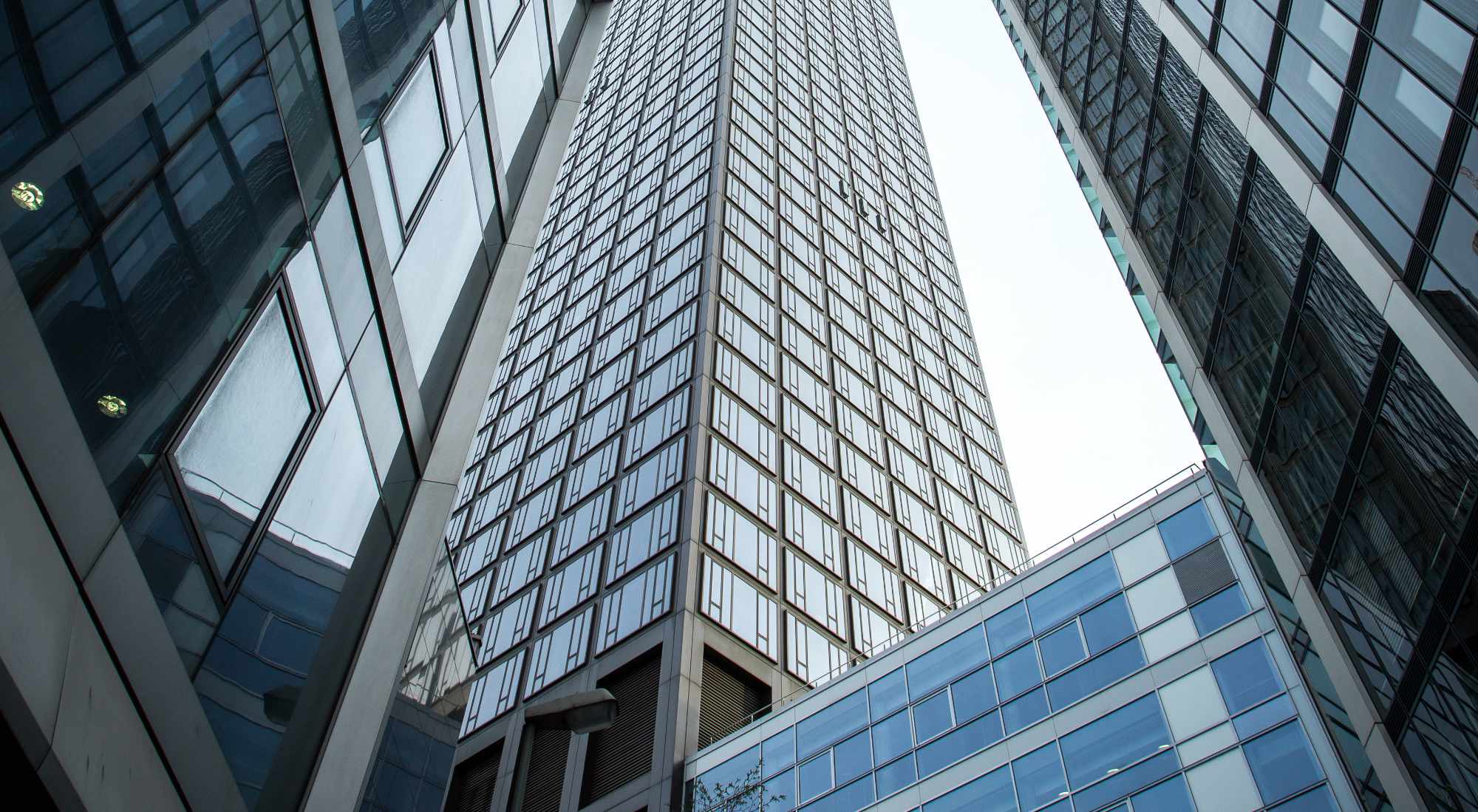Admission Process
(Refer also to sections 16 to 19 of the Legal Profession Uniform Law (WA) and Parts 2 and 3 of the Legal Profession Uniform Admission Rules 2015.
- Persons previously admitted in Australia may apply for a Western Australian practising certificate and are not required to apply for admission in this state. Persons previously admitted in New Zealand may qualify under the Trans-Tasman Mutual Recognition Agreement. All other applicants are required to apply for admission as set out below.
- Applicants must have completed the academic requirements for admission and have completed, or be close to completing, the practical legal training requirements for admission before lodging an application.
- Applicants are required to file a motion paper with the Supreme Court at least 2 months prior to the proposed admission date. Further information, including the proforma motion paper, admission ceremony dates, and latest filing dates are published in the Admissions section under Practice and Procedure of the Supreme Court website. Please note that the Board cannot assist you in locating a legal practitioner to move your admission at the ceremony.
- Within 2 days of filing the motion paper at the Supreme Court, the applicant must complete an Admission Application Form online. You can commence the application before you file your motion paper as it will assist you to identify the documentation you must provide as part of your application. Please refer to the Admission Application Notes for further information. Do not submit your Admission Application Form until after you have filed your motion paper at the Court.
At the admission stage you must only login to the applicant portal. Until admission is complete you cannot log in to the main LPBWA website. - Following receipt of the notice of application, the Board will place the required notification of your admission on the Board’s website.
- The Supreme Court will write directly to the applicant to confirm arrangements for the ceremony.
- Applicants will be contacted if there are deficiencies in the application or if the Board requires further information to determine whether the applicant is eligible and suitable to be admitted. You may be required to defer your admission to a later ceremony by filing an amended motion paper with the Supreme Court if the Board requires more time to consider your eligibility or suitability to be admitted.
- At least 7 days prior to the admission ceremony, the Board will file a compliance certificate with the Court. A copy of the compliance certificate will be provided to the applicant. In the event the Board is not satisfied that the applicant is eligible and suitable for admission, both the Court and the applicant will be issued with an information notice.
- Subject to the provisions of Part 3.3 of the Legal Profession Uniform Law (WA), an admitted lawyer is not entitled to engage in legal practice unless they hold a current practising certificate.
- Following admission the restricted legal practice requirements of section 49 of the Legal Profession Uniform Law (WA) apply to all Australian legal practitioners.
Direct further queries about the ceremony itself to the Supreme Court. Make other enquiries about your admission, applying for a practising certificate, or supervised legal practice requirements to enquiries@lpbwa.com, for the attention of the Admissions Officer.
